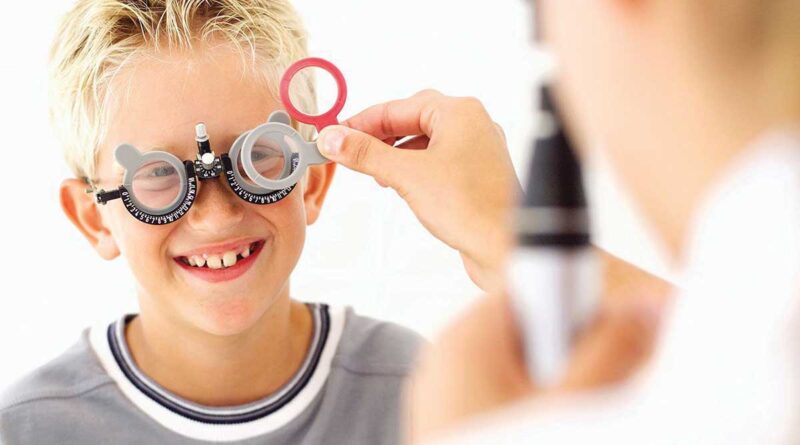Is Your Child’s Vision at Risk?
Given the increasing exposure to mobile phones, laptops, and other electronic devices, the cases of myopia among children are witnessing a rising trend. In order to prevent this eye disorder, Dr Siddharth Sheth, Pediatric, Squint, Neuro Opthal, Cataract and Lasik Surgeon at Isha Netralaya, shares useful tips with the parents, who can use these to take care of their children’s eyes.
What is Myopia?
Myopia, commonly known as nearsightedness, is a prevalent eyesight-related issue among schoolchildren. It is a condition which causes difficulty in seeing distant objects clearly. Myopia can arise from diverse factors such as genetic predisposition, prolonged screen exposure, dietary habits, and more.
How can I ensure my child does not suffer from nearsightedness?
Avoid near-sight-involving as much as possible. For example, try limiting the screen time and time for reading and ensure that the screen or book is about 20-25 inches away from the eyes. Keep regular intervals between eye-staining activities by taking breaks. Encourage outdoor play for better exposure to natural light. Do not forget regular eye check-ups to catch any vision problems early on.
How can I tell if my child is myopic?
Signs of nearsightedness include sitting close to screens, bringing objects closer to the face and squeezing the eyes to see distant objects. If you suspect that your child is showing these signs, consult a paediatric ophthalmologist for the child’s eye examination.
What to do if the child is detected with myopia?
Minus-powered glasses or contact lenses (for adults) can correct nearsightedness. However, Myopia tends to progress until early adulthood. Lifestyle adjustments and eye exercises can help slow down its advancement. Refractive laser procedures can be considered later, under the guidance of an eye doctor.
What can be done if the myopia keeps progressing?
Once detected, Myopia progresses until the age of 18-20 due to increasing body growth and axial length of the eyeball. If this increase is of more than 0.50dioptre annually, the eye doctor can suggest certain eye drops to bring the progression under control to some extent. Change in lifestyle too can go a long way.

Isha Netralaya : Thane, Kalyan, Ghatkopar, Ambernath and Pune
Thane : Coral Square, Ghodbunder Rd, opp. D-Mart, Kavesar
Contact 077388 97518
Thane : B wing, Dev Corpora Cadbury Junction, Eastern Express Hwy, Khopat, Thane (W)
Call : 8567924942/8657924940
Website :www.ishanetralaya.com

